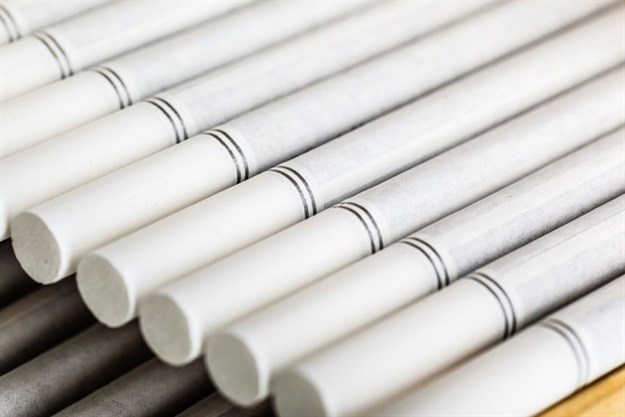
Top stories






More news


Marketing & Media
Ads are coming to AI. Does that really have to be such a bad thing?














In South Africa
At least one quarter - that's 25% - of the local sale of cigarettes is illegal, with the legal industry having shrunk by 20% over the last five years; not because consumers have reduced consumption but because they are increasingly consuming illegal cigarettes. During 2016, an estimated 5.6 billion illegal cigarettes were consumed.
This comes at a staggering cost to SA's economy, with SA losing at least R5 billion each year in tax revenue that is desperately needed to uplift the country.
That's the fiscal impact, but the social impact is equally devastating as the Government's health agenda cannot be achieved without this tax revenue (the legal tobacco industry annually contributes more than R17 billion in excise tax and VAT); illegal cigarettes are being sold to children because they are cheaply available starting from R5 a pack and do not adhere to legal restrictions; at least 200 commercial farms representing around 10,000 farm workers and their dependents are facing job losses; manufacturing factories are also shedding jobs; and all of this while illicit tobacco is known to fuel organised crime and corruption.
The youth should not smoke or use products containing nicotine, however, criminals who deal in and profit from the illicit trade do not differentiate between consumers on any basis. Independent experts and government authorities agree that the illicit tobacco trade—by operating outside lawful and regulated channels—provides easy access to tobacco products for the youth.
In short, among its many destructive consequences, the illicit tobacco trade:
Under the proposed system everyone loses, except criminals.
Between 80-90% of illicit cigarettes are manufactured locally since SA's borders were effectively modernised to reduce smuggling operations. The solution lies locally, with authorities taking control of the manufacturers of these cigarettes by ensuring that the volumes produced are also the volumes declared.
The role of the health ministry is minimal in curbing this menace. The main action lies outside the health sector, with departments in charge of customs, police, revenue, trade and intelligence.
Plain packaging is a branding ban that requires a standardised appearance for all tobacco packaging. All logos, trademarks, non-prescribed colours and graphics would be removed and only the use of a brand name would be permitted in a standard font/size.
Australia was the first country to implement plain packaging in December 2012, but the latest annual public survey in Australia indicates that in four out of five states, smoking prevalence after the introduction of plain packaging was higher in 2013 than in 2012 before it was introduced. According to the Australian Government data from the National Drug Strategy Household Survey (NDSHS), reported daily smoking rates increased in 2013 (the first year of plain packaging) from 2.5% in 2010 to 3.4%. Smoking rates, in fact, jumped to 6.1% when one considers only the age subgroup of the 15-17 year olds. This demonstrates that plain packaging has failed to meet its objective to reduce youth smoking in Australia.
Price became the main driver of consumer choice as a result of the increase in taxation and the introduction of plain packaging and the illegal trade soared by 30%.
Branded packaging of tobacco products, like any other packaging of consumer goods, enables existing adult smokers to identify and differentiate brands quickly and to navigate their options.
The legitimate use of branding and trademarks also serves to maintain quality standards, as packaging acts as a symbol to consumers that the manufacturer stands behind its products. Finally, the use of colours and ‘stylised elements’ of branding are also factors that makes it more difficult to produce counterfeit product packaging.
Threats of excessive regulation are no longer specific to tobacco. Food, soft drinks, alcohol, and pharmaceutical industries are now starting to worry about a domino effect.
This downward trend towards tobacco-style regulation is spreading internationally. Regulators are looking at copy-pasting punitive taxes, pictorial health warnings, and restrictions on products, advertising and promotion for a wider range of sectors.
Over-regulation threatens businesses’ commercial freedom and consumer freedom of choice.
At the extreme end of the slippery slope is plain packaging. If this ban on brands were to spread, it could have major ramifications for other businesses and set a dangerous legal precedent. If one industry is deprived of its intellectual property, all trademark owners lose.
In Part 2 of this article, we'll look at the effect on retailers, the ban on smoking in all public spaces and alternative proposals...